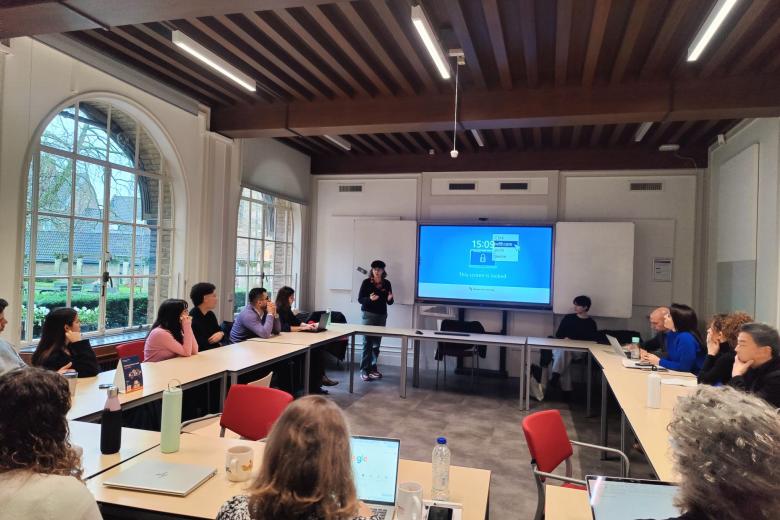Exploring Human-Object Relationships in Art Markets
Supervisor: Dr. Donna Yates, Prof. dr. Simon Mackenzie
Key words: Commodities-related crimes; sensory criminology; more-than-human crime; nonhuman
affects
This study examined how non-economic influences—such as senses, atmospheres, and materiality—shape human relationships with objects in contexts that may involve harmful or illegal behavior. It aimed to incorporate these often-overlooked sensorial and atmospheric components into criminological theories, emphasising the significance of materiality in understanding commodities-related crimes.
The research challenges dominant conceptions of commodities-related crime and illicit markets, where objects are often seen as passive and interchangeable, and human decisions are viewed as primarily motivated by economic factors. Instead, this study highlights the active role of objects in shaping human experiences. The findings show that objects are not merely targets of collecting or desire. They contribute to creating and influencing meaningful human experiences, impacting individuals on physical, sensory, and emotional levels.
The relationship between humans and objects is dynamic, forming new and emotive connections through their interaction. By focusing on the interplay between humans, objects, and atmospheres, this study provides fresh insights into the material and sensorial dimensions of crime, offering a more comprehensive perspective on the complexities of illicit markets.
Also read
-
Reducing the Digital Divide: Empowering Students to Train, Evaluate, and Use AI Text Models
The Maastricht Law and Tech Lab, together with the Brightlands Institute for Smart Society (BISS), obtained a € 100.000 a Comenius Senior Teaching Fellow grant.
-
Meet the Maastricht Centre for Human Rights
On 8 December, the Meet the Maastricht Centre for Human Rights event took place.
-
Mariam Aroian guest researcher at IGIR
Mariam Aroian will visit IGIR for three months, between December 2025 and February 2026. Her current research focuses on copyright and artificial intelligence.